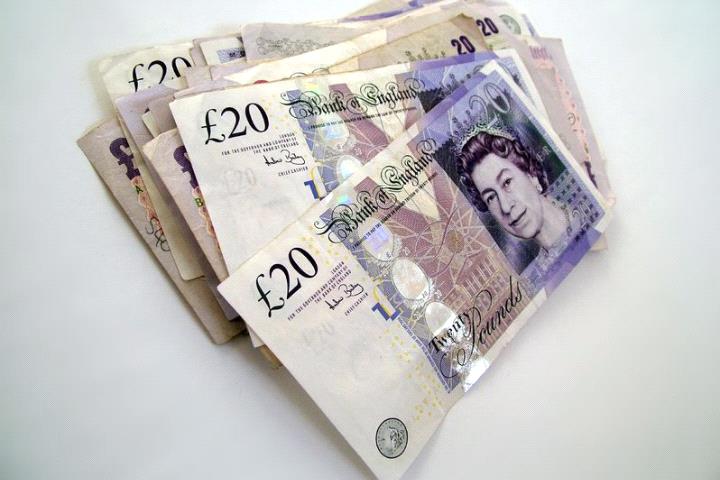
It’s almost upon us: the week when Britain takes the historic decision of whether to remain in the European Union. And whatever the polls say in the days to come -- and regardless of the result on June 24 -- the pound is set for a wild ride. One-week anticipated volatility surged Friday to the highest on record, posting the biggest increase among more than 40 global currencies tracked by Bloomberg. It’s already been a week of ups and downs for sterling, which tumbled to a two-month low on Thursday after the Bank of England warned about a “sharp” drop on a Brexit and five polls in 24 hours put the “Leave” camp ahead. The currency strengthened Friday as campaigning was suspended following the murder of lawmaker Jo Cox. “We do expect more volatility next week given there’s still so much uncertainty,” said Chris Chapman, a London-based trader at Manulife Asset Management (Europe) Ltd. “The ‘Leave’ side had appeared to gain momentum, but it’s unclear how much the terrible event on Thursday could temper that momentum.” Interesting Times It’s been a period of extremes all around. Yields on 10-year U.K. government bonds tumbled to a record on Thursday, along with those on Japanese debt, while German yields with maturities of as long as 10 years also fell to the lowest ever. The bonds that rallied are all viewed by investors as havens from market turmoil. The pound avoided a third straight weekly drop, ending the week up 0.2 percent at $1.4286 as of the 5 p.m. London time close on Friday. It’s still fallen against all of its Group-of-10 counterparts since Feb. 20, when Prime Minister David Cameron set the date of the referendum as June 23. Sterling climbed 0.1 percent in the week to 78.80 pence per euro, after two weeks of losses. While the “Leave” camp is ahead in many opinion polls, most of the largest betting firms and exchanges place a 60 percent or higher chance of Britain staying in the EU. The difficulty of predicting the result means price swings are likely whichever way it goes. Implied one-week volatility on the pound versus the dollar reached 49.7 percent Friday -- the highest ever and more than double the closing level just a day earlier, data compiled by Bloomberg show. “If we do see the probability of exit continue to rise, then volatility will make new highs and particularly not just short-dated volatility, but long-dated volatility as well,” said Adam Cole, head of global foreign-exchange strategy at Royal Bank of Canada in London. “It opens up a very long period of uncertainty where it’s not clear what the U.K.’s relationship with the rest of Europe is going to be.” By Anchalee Worrachate and Eshe Nelson/Bloomberg



 UAE welcomes removal from EU financial crime watchlist
UAE welcomes removal from EU financial crime watchlist
 Emirates and Dubai Duty Free explore cryptocurrency payment option
Emirates and Dubai Duty Free explore cryptocurrency payment option
 UAE, WEF unveil global platform for regulatory innovation
UAE, WEF unveil global platform for regulatory innovation
 Oil tumbles as OPEC+ hikes August output more than expected
Oil tumbles as OPEC+ hikes August output more than expected



